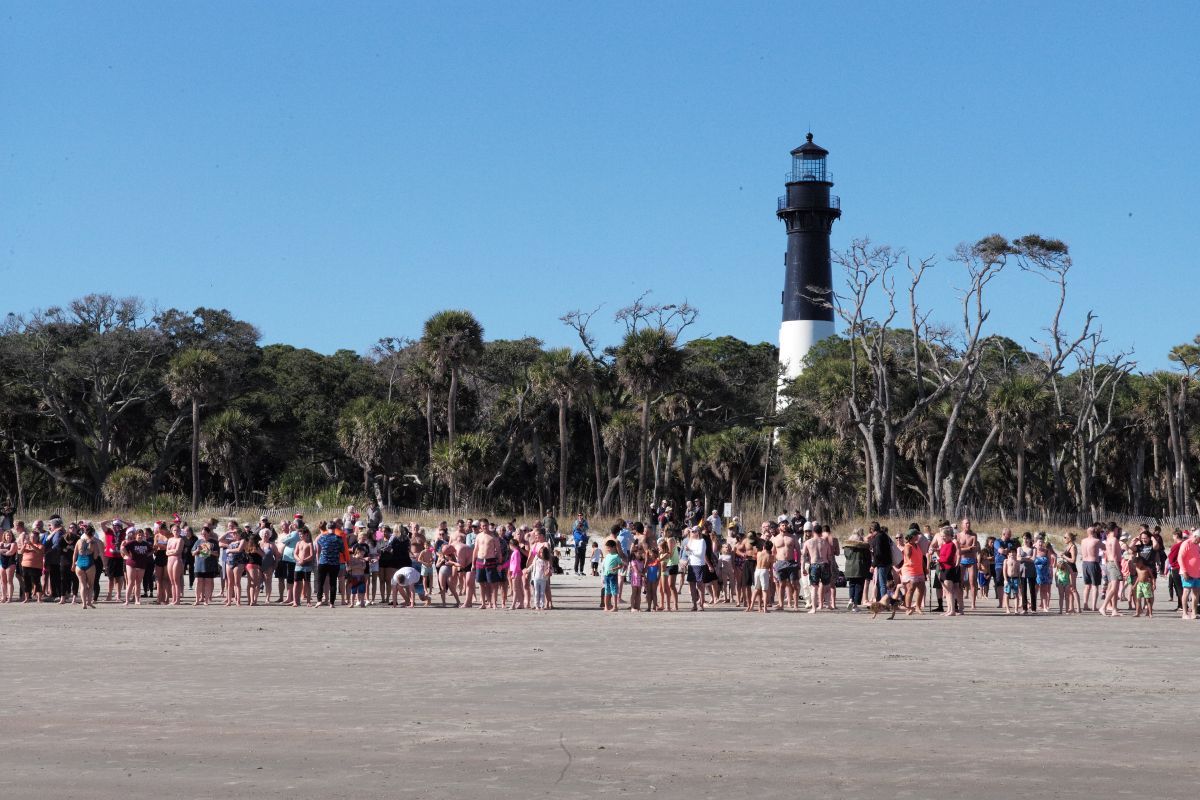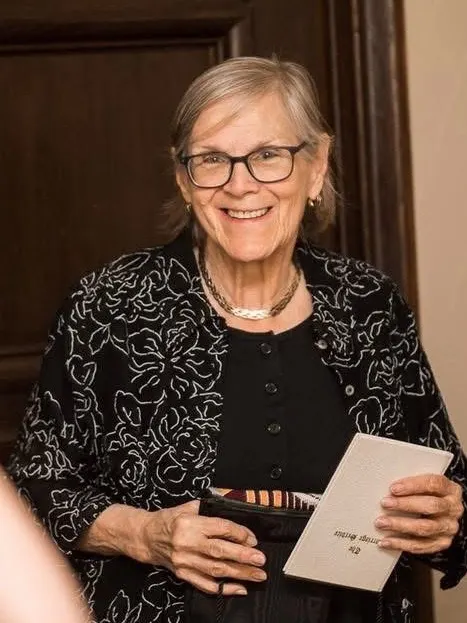Live in HD at the USCB Center for the Arts, Saturday, October 20, 12:55 p.m.
By Alan Schuster
Together with Bizet’s “Carmen” and Gounod’s “Faust,” Camille Saint-Saens’ Samson et Dalila ranks today as one of the three most popular operas in the entire French repertoire. But it wasn’t that way back in 1877 when the opera had its world premiere – not in France but in Germany. The French public – and its many opera houses – reacted negatively to Saint-Saens’ intention of putting a Biblical subject on the stage. Fifteen years later, it was finally performed at the Paris Opera – successfully.
The Biblical love story of Samson and Delilah is the next show in the Metropolitan Opera’s series, which will be simulcast live in HD at the USCB Center for the Arts at 12:55 p.m. on Saturday, Oct. 20. Singing the title roles will be tenor Roberto Alagna and mezzo-soprano Elina Garanca, who were last seen together by HD audiences in 2010’s transmission of “Carmen.” Bass-baritone Laurent Naouri appears in the role of the High Priest, while the chorus and dancers perform major roles as well.
Synopsis
Act I: The curtain opens on a public square in Gaza, Palestine: it is 1115 BC, and the Israelites are cruelly oppressed by the Philistines. Samson, an Israelite, tries to raise their spirits by recounting the story of the Red Sea crossing. He persuades them to have faith in God’s mercy. Abimelech, satrap of Gaza, declares that belief in God will accomplish little. Samson, inspired by God, grabs Abimelech’s sword and kills him with it. He warns the Philistines that their end is near and leads to a rebellion against them. In spite of the curse, the High Priest of Dagon pronounces on the Israelites, Samson and his followers take Gaza by nightfall. Dalila, a beautiful Philistine maiden, performs a dance, enticing Samson.
Act II: At the valley of Sorek, Dalila agrees to help the High Priest overcome Samson. She seduces him, and he tells her his secret – his hair is the source of his strength. Dalila cuts off his hair as he sleeps. The Philistines capture Samson, now harmless, and blind him. They tie him to a mill wheel, which he turns with other Jewish prisoners who chide him for betraying them to a woman. Samson pleads for God’s forgiveness.
Act III: In the temple of Dagon, the High Priest is surrounded by Philistine princes. Dalila mocks Samson and challenges him to participate in their holy orgy. In the center of the temple, he is forced to his knees and made to humiliate himself before Dagon. He is between two pillars that support the roof of the temple; the High Priest commands him to make a sacrifice to Dagon. He prays to God that his strength be renewed, if only for a moment; his prayer is answered and he pushes the pillars apart. The temple collapses, killing everyone, including Samson.
The Music
Act I: “Printemps qui commence” (Spring voices are singing all around me) — Dalila attempts to seduce Samson away from his leadership as she gazes provocatively at him, singing of how she will wait for him in a flower-scented valley. She’s joined by young maidens who swarm around him in a sensuous, pagan dance.
Act II: “Mon cœur s’ouvre à ta voix” (My heart opens itself to your voice) — Dalila breaks down Samson’s resolve, leaving him powerless in her hands. This is one of opera’s most famous mezzo-soprano pieces, and also a great showcase for concerts.
Act III: Princes and maidens engage in an exotic and provocative dance, part of a Roman festival known as the “Bacchanale”, celebrating Bacchus, the god of wine and ritual madness. The piece begins with an oboe solo which leads to a steady, developing pulse by the orchestra. The finale: The High Priest, Dalila and chorus: “Gloire a Dagon vainqueur” (Glory to Dagon the victorious), with the praises coming to a dramatic, theatrical ending as Samson ‘brings down the house.’ Rating: PG
Tickets are now available at the USCB Center for the Arts, 801 Carteret Street, Beaufort. All seats are general admission. Adults $20; OLLI members $18; Students $10. Order on-line at centerforthearts.com or call 843-521-4145.
Looking Ahead
The Met’s next opera broadcast will be Puccini’s “Girl of the Golden West,” airing at 1 p.m. on Saturday, Oct. 27.




